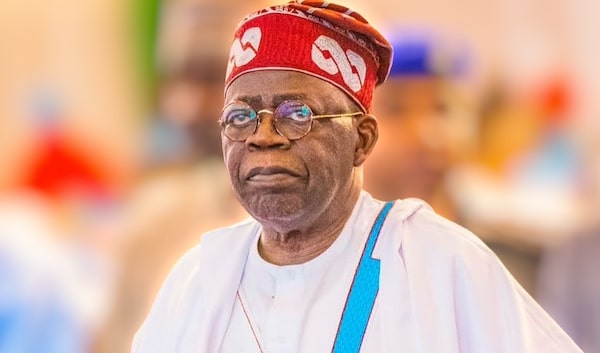The naira has been listed among the worst-performing currencies in Sub-Saharan Africa in 2024.
This is according to the latest edition of Africa’s Pulse, a new report by the World Bank.
As of the end of August 2024, the naira had depreciated by approximately 43 per cent year-to-date, making it one of the region’s weakest currencies alongside the Ethiopian birr and South Sudanese pound.
The depreciation of the naira is attributed to several factors, including surging demand for United States dollars in the parallel market, limited dollar inflows, and delays in foreign exchange disbursements by Nigeria’s central bank.
The World Bank’s report further highlights that demand for dollars, driven by financial institutions, non-financial end-users, and money managers, has exacerbated the pressure on the naira.
It noted, “By August 2024, the Ethiopian birr, Nigerian naira, and South Sudanese pound were among the worst performers in the region. The Nigerian naira continued losing value, with a year-to-date depreciation of about 43 per cent as of end-August.
“Surges in demand for US dollars in the parallel market, driven by financial institutions, money managers, and non-financial end-users, combined with limited dollar inflows and slow foreign exchange disbursements to currency exchange bureaus by the central bank explain the weakening of the naira.”
This situation has persisted despite some foreign exchange market reforms introduced by the Nigerian government, including the liberalization of the official exchange rate that began in June 2023.
However, these efforts have so far been insufficient to stabilize the currency.
The naira’s struggle reflects broader economic challenges in Nigeria, including limited foreign currency reserves and ongoing inflationary pressures.
The report also notes that the naira’s depreciation has contributed to higher domestic prices, particularly for imported goods, compounding the difficulties for Nigerian consumers.
In contrast, some African currencies that faced challenges in 2023, such as the Kenyan shilling and South African rand, have shown signs of recovery this year.
The Kenyan shilling, for instance, strengthened by 21 per cent year-to-date by the end of August 2024, marking it as one of the region’s top performers.
Despite this, foreign exchange shortages and exchange rate pressures remain a significant concern for many African economies.
Observant revealed that the naira appreciated by 5.69 per cent against the dollar on Monday, according to data from the FMDQ Exchange.
The exchange rate improved from N1,641.27/$1 on Friday, October 11 to N1,552.92/$1 on Monday, October 14.
Despite the naira’s recovery, foreign exchange turnover plummeted by 44.27 per cent, falling from $616.73m to $343.71m over the same period.
In its report, the World Bank offers a cautious outlook for Nigeria’s economic growth, projecting that its Gross Domestic Product will expand by 3.3 per cent in 2024 and slightly accelerate to 3.6 per cent in 2025-2026.
The report read: “Economic growth in Nigeria is projected at 3.3 per cent in 2024 and 3.6 per cent in 2025–26 as macroeconomic and fiscal reforms gradually start yielding results. Inflation peaked in June 2024 (at 34.2 per cent year-on-year) and decelerated to 33.4 per cent in July and further to 32.2 per cent in August.”
It also noted that following the Nigerian government’s decision to remove fuel subsidies in mid-2023, gasoline prices surged dramatically, causing a ripple effect on inflation across the country. The report notes that this policy change, which saw gasoline prices triple initially, further increased by an additional 40-45 per cent in September 2024, driving up transportation and logistics costs for businesses and consumers alike.
In July 2024, inflation reached 34.2%, and although it showed signs of easing in August, the recent hike in gasoline prices is expected to reverse this trend and potentially push inflation higher in the coming months.
TO READ MORE NEWS UPDATES; CLICK @ https://www.voiceairmedia.com
NOTE: YOU can join our WhatsApp, Telegram for the news updates you need by sending your name & location to WhatsApp No. @ Wa.me/+2348111142174




